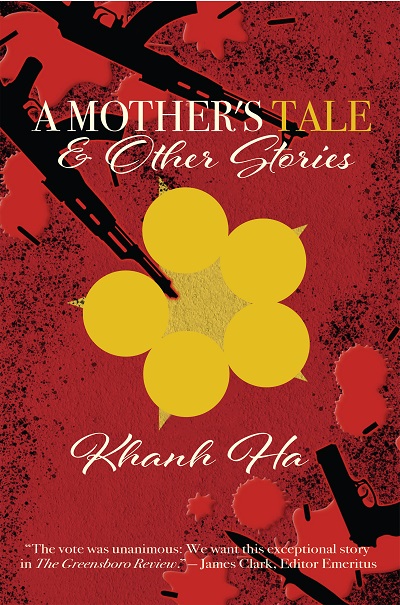
It now has its own blog where book bloggers can link up their own mailbox posts and share which books they bought or which they received for review from publishers, authors, and more.
Thank you to Velvet for stepping in when Mailbox Monday needed another host.
Emma, Martha, and I also will share our picks from everyone’s links in the new feature Books that Caught Our Eye. We hope you’ll join us.
Here’s what I received:

John Johnson is a poet who loves language but also data and numbers. He resides in Northern Virginia where in addition to running his consulting firm as a professional econometrician, he loves pizza, professional wrestling, and regularly writes with his wild writing circle. John’s poetry tends to focus on humorous aspects of his geeky childhood and his journey as it relates to entrepreneurship, family and friendship, and failed athletic endeavors.

The title of Alison Palmer’s second poetry chapbook suggests the comfort of, or perhaps a yearning for, the known; but really it begs the question: What is our normal? The answers she provides often are far from comfortable, but she deals in necessary truths. She opens with a “Spark”: “The one-man-band kisses the silver lady. They become a flash / of sound.” And like thunder that flash and sound reverberate through these pages. “We’re designed to break after only years,” she reminds us, which brings an urgency to those years. “Honesty makes me nervous,” she admits – and no wonder, when her honesty contains both love and its loss, and entails great personal exposure. “It’s not enough to be awake / when the world winds away,” not enough merely to observe passively. Our normal world must be embraced, in all its pain and peril – and potential. “We try to be resewn of nothing left, lovely in our suits of armor. Only / the last will be exquisite, will be re-thought / into alkaline or ash.” She counsels (and comforts), “The way to master death is to make it be everywhere” – for that is truly our normal. In her appropriately titled closing poem, “The End,” she asks us to “Pretend I talk in tiny truths” – but while this collection may be tiny, her truths are large – and yes, necessary.
Why We Never Visited the Elms by Marianne Szlyk, which I purchased.
Nothing You Build Here, Belongs Here by Sara Cahill Marron, which I purchased.
From its vividly drawn, lyrically rich title poem to its digitally coded dialogues, Sara Marron’s dynamic and masterful nothing you build here, belongs here rails against the futility of urban living, wails against societal inequalities, and clutches its loved ones close amidst viral fears. A rush of vibrant imagery, this book skilfully counterbalances luxuriant elegiac language choices (“My Mountains Could Care Less About You”) with clipped syntax (“Clorox, Wellbutrin”), adept experimentation with form (throughout), and razor-sharp observation (“Applying for EBT in California”). Embodying a compelling urge to summon our shared humanity, this is an urgent and vital book of, and for, our time.
—Anne Casey, Author of out of emptied cups (Salmon Poetry)
“As if the heat is a thing / you can hide from,” Sara Cahill Marron writes in “My Mountains Could Care Less About You.” She draws a portrait of a world tottering, laid low by COVID-19 in particular, but also by our political fragmentation and by our laying waste to the environment, one in which Styrofoam cups are thoughtlessly discarded next to grand art—Rodin (“Chick-fil-A Styrofoam cups / dance semi-circles between feet”). Echoes of Yeats, Whitman, and Tennyson, but also experimental language are threaded through Cahill Marron’s collection. “Kiss10100love” the screen on her device says, despite the headlines. At first, this seems a cutely romantic but somewhat bewildered Apple product. But then, she carefully warns us, “Some will die.”
—Susana H. Case, Author of Dead Shark on the N Train (Broadstone Books)
Reading Sara Cahill Marron leads me on a voyage of lyrical bliss, a song-filled walking through a landscape filled, however, with fallen trees, buildings, and people of a world devastated by plague. “Nothing you build here belongs here,” she declares, and yet we have these beautiful verbal dwellings, written by a devotee to perfecting the harmony of sound and sense. Readers, you are witnesses here to the growth of an essential lyric poet, one we will read and learn from as we walk with her into the uncertain dark, healed by her word music, keeping contagions at bay.
—Indran Amirthanayagam, Author of The Migrant States (Hanging Loose Press)
What did you receive?


 Source: GBF
Source: GBF About the Poet:
About the Poet: M
M





